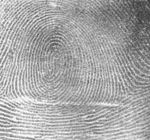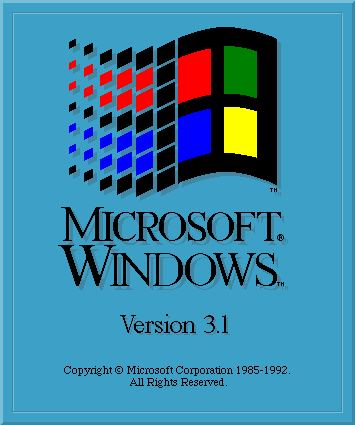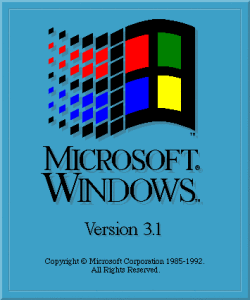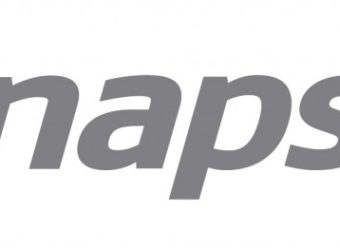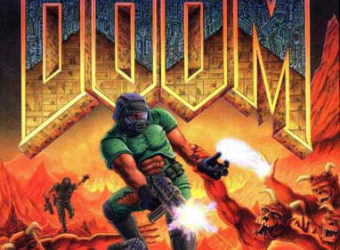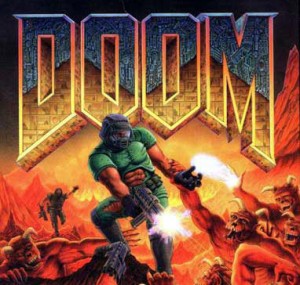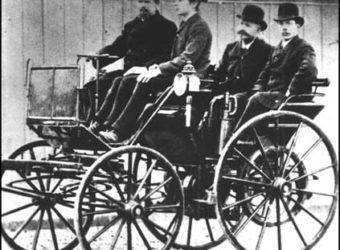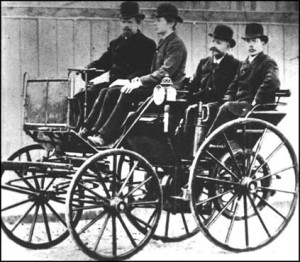November 22, 1994: Sega Saturn Released
Subscribe! Spotify | RSS | More
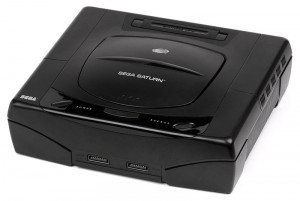
1994 – The Sega Saturn is released featuring 2 28.6 MHz processors running 32 bit. It had 2 video display processors, QSound surround and 2 MB of memory, with 1.5MB of video memory. It went for 44,800 Yen, or $450.
2005 – Microsoft launches the XBOX 360. It contained a IBM PowerPC with 3 cores at 3.2 GHz a core. It contained a 500 MHz ATI card and 512 MB of RAM. There were several versions starting at $249 and going up to $399. The limited Halo 3 version had a specially crafted case.
This Day in Tech History podcast show notes for November 22
Subscribe to Day In Tech History:
RSS Feed - iTunes - Android - Spotify - iHeartRadio
Facebook -
- RSS Bandwidth by Cachefly Get a 14 Day Trial
- Join me on Patreon and support Day in Tech History
- Bill Gates and John Sculley sign a licensing agreement between Apple and Microsoft
- Movies Back to the Future II, Independence Day and Revenge of the Nerds were released
- Verizon employees were fired for looking at Barak Obama’s phone records
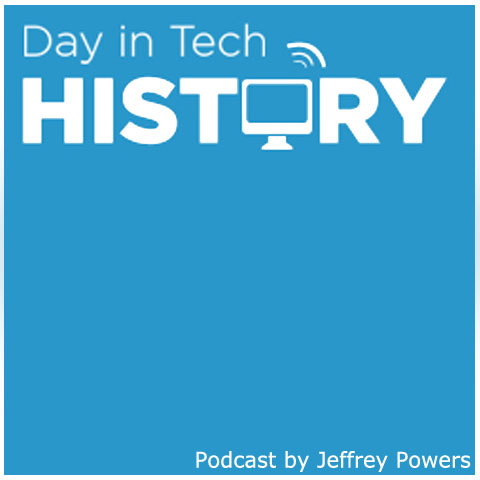
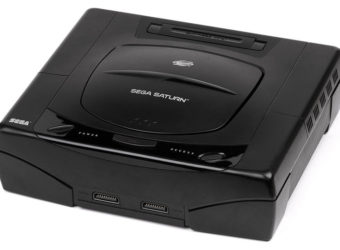


![trs-80[1] TRS-80 pocket](https://dayintechhistory.com/wp-content/uploads/2013/07/trs-801-340x250.jpg)
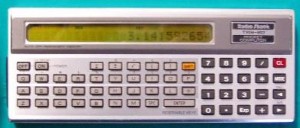
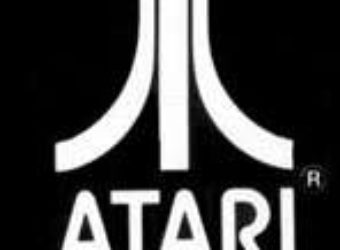

![fingerprint[1] First Fingerprint Used](https://dayintechhistory.com/wp-content/uploads/2013/07/fingerprint1-340x250.jpg)
